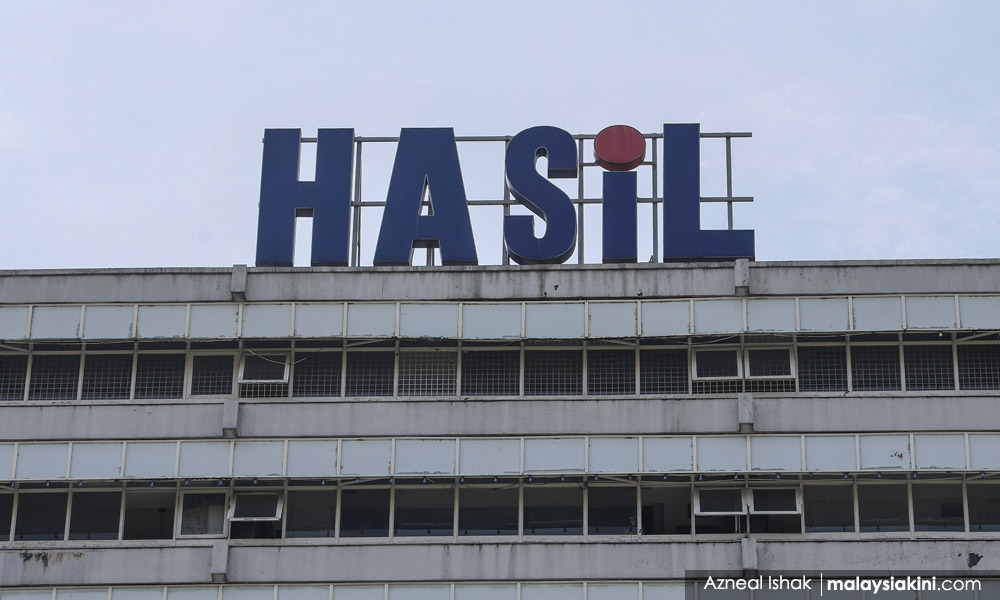The Federation of Malaysian Manufacturers (FMM) expresses deep concern over the United States’ (US) decision to impose a 24 percent reciprocal tariff on Malaysian exports under its “Liberation Day” initiative.
This higher tariff will take effect on April 9, 2025, following an initial 10 percent tariff that applies to all countries starting April 5, 2025, under the International Emergency Economic Powers Act.
Malaysia is among the countries that have been identified as having a large trade deficit with the US and has therefore been moved from the general 10 percent tariff group to a higher 24 percent tariff category.
This decision is especially troubling given Malaysia’s strong trade relationship with the US and our long-standing commitment to open and fair trade.
While some categories of goods are exempt from the reciprocal tariff including semiconductors, pharmaceuticals, copper, lumber, bullion and certain critical minerals not available in the US, as well as steel, aluminium, and automotive products already covered under existing Section 232 tariffs, most other Malaysian exports to the US will be affected.

These include key products such as gloves, plastics, electrical and electronic goods not classified under semiconductor categories, and industrial machinery.
The affected sectors will now face the full 24 percent tariff, which could lead to a significant reduction in export volumes, job pressures within affected industries and the rerouting or restructuring of supply chains involving Malaysian producers as well as US-linked multinational operations based in Malaysia.
The broader ecosystem, including suppliers, logistics providers, and downstream service sectors, could also be adversely affected by shifts in sourcing and manufacturing decisions resulting from the tariffs.
Asean under increased scrutiny
From FMM’s perspective, while Malaysia’s tariff rate of 24 percent is comparatively lower than our Asean neighbours, namely Cambodia (49 percent), Vietnam (46 percent) and Thailand (36 percent), we are nonetheless categorised within a punitive group of economies.
This underscores that Asean economies are facing heightened scrutiny. Within the region, Malaysia both competes and complements our regional peers.
In some sectors, such as electronics, rubber-based products, and machinery, we are direct competitors. In others, like semiconductors and industrial components, Malaysia plays a complementary role within integrated supply chains.

Therefore, the new tariffs risk not only disrupting trade flows to the US but also affecting Malaysia’s positioning in regional and global supply networks.
The US has stated that tariff levels may be reduced if trading partners take significant steps to remedy non-reciprocal trade arrangements or align more closely with US economic and national security goals.
In this regard, FMM urges the Malaysian government to take the following actions:
1) FMM welcomes the government’s proactive measures, particularly the Investment, Trade and Industry Ministry’s (MITI) continued engagement with US authorities and the establishment of the National Geoeconomic Command Centre (NGCC) as a central coordinating platform.
These are timely and strategic steps toward ensuring a comprehensive, whole-of-government approach in addressing the impact of the US tariff measures.

In complementing these efforts, FMM strongly recommends the inclusion of industry representation, particularly FMM, in the NGCC and its associated high-level task forces.
This will help ensure that ground-level business realities, supply chain disruptions, and sector-specific vulnerabilities are accurately reflected in the development and execution of mitigation strategies.
2) Present clear and verifiable evidence of Malaysia’s open import regime. Malaysia maintains a consistently liberal import policy framework, with a simple average applied MFN tariff of 5.6 percent (WTO, 2023).
Over 50 percent of tariff lines are duty-free, and the trade-weighted average tariff stands at approximately 3.3 percent, reflecting minimal barriers to entry for imported goods.
Malaysia’s tariff structure is the result of sustained liberalisation under the WTO and our 16 regional and bilateral trade agreements. These indicators reinforce that Malaysia does not impose protectionist duties and remains committed to rules-based, reciprocal trade, an important basis for seeking reconsideration under the US reciprocal tariff mechanism.
3) Reinforce Malaysia’s commitment to strategic cooperation on economic and security priorities, including semiconductor supply chains, investment screening, and export control alignment, under bilateral platforms like the US-Malaysia Trade and Investment Framework Agreement, and importantly, through regional frameworks like the US-led Indo-Pacific Economic Framework for Prosperity (Ipef).

Malaysia’s active role in Ipef should be recognised as evidence of shared commitment to rules-based trade, transparency, and supply chain resilience.
Collectively, the above three measures would demonstrate Malaysia’s alignment with US trade priorities and may offer a pathway toward the reconsideration or reduction of the current tariff classification.
Looking ahead, FMM stresses that long-term resilience will depend not only on external diversification but also on sound domestic policies.
Malaysian exporters are expected to face strong pressure from US importers to reduce their export prices in order to offset the 24 percent tariff imposed, further squeezing manufacturers’ profit margins.
At the same time, countries that are heavily impacted by the US tariffs may start diverting their goods to Malaysia and the Asean region, leading to a potential influx of cheaper imports.
This could result in unfair competition for local industries if not carefully monitored and addressed through appropriate safeguards.
Avoid new taxes
FMM also urges the government to refrain from introducing additional tax burdens in 2025, given the current challenging conditions.
The manufacturing sector is already under severe cost pressures and is the largest contributor to national tax revenue, accounting for RM221 billion or 68.6 percent of total tax collections.

The expansion of the Sales and Service Tax (SST) effective May 2025, along with an impending increase in the electricity tariffs in July 2025 as a result of the scheduled base tariff adjustment, will significantly raise compliance and operational costs for mid-tier and large manufacturers, as well as vulnerable SMEs.
FMM reiterates its call for a moratorium on new taxes or regulatory burdens that could further strain the industry and affect employment, reinvestment, and national productivity.
FMM urges calm but firm and strategic action from the government and the industry to safeguard Malaysian exports and competitiveness. We are committed to working with all key stakeholders to navigate this critical period. - Mkini
SOH THIAN LAI is FMM president.
The views expressed here are those of the author/contributor and do not necessarily represent the views of MMKtT.




No comments:
Post a Comment
Note: Only a member of this blog may post a comment.